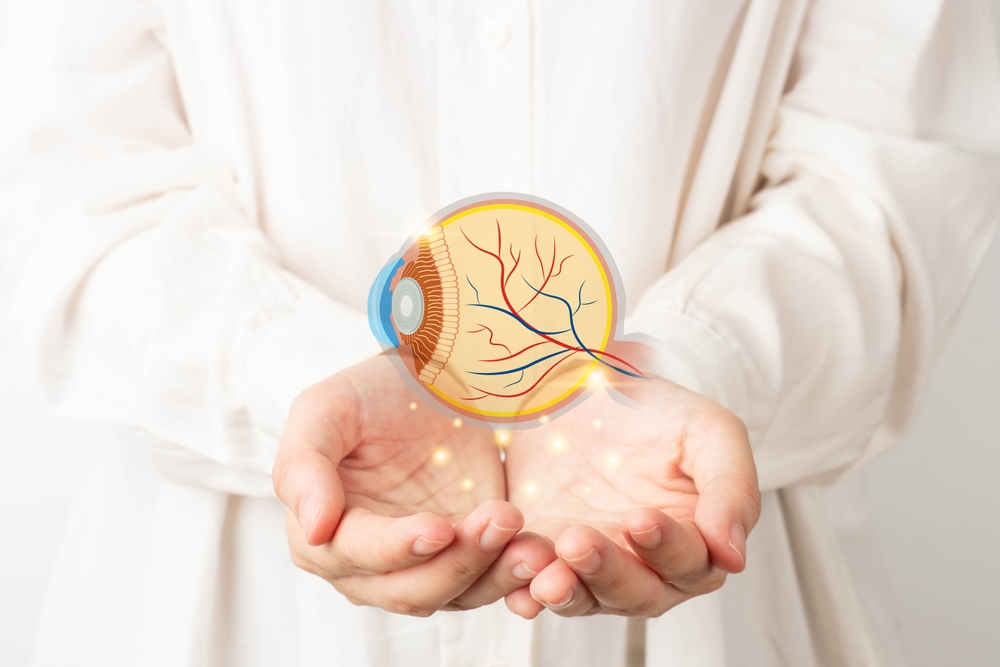
Living with diabetes means paying close attention to more than just your blood sugar - it also means protecting your vision. One of the most common and serious eye complications related to diabetes is diabetic retinopathy. This condition affects the blood vessels in the retina, the light-sensitive tissue at the back of the eye, and can lead to permanent vision loss if not detected early.
What Is Diabetic Retinopathy?
Diabetic retinopathy develops when high blood sugar damages the tiny blood vessels in the retina. Over time, these vessels can leak, swell, or close off, reducing the retina’s ability to function properly. In advanced stages, abnormal new blood vessels may grow, leading to severe vision problems and even blindness.
Why It Often Goes Unnoticed
In its earliest stages, diabetic retinopathy may not cause any pain or obvious vision changes. Many people assume their eyes are healthy until they notice vision loss—but by then, the disease may already be advanced. This makes routine eye exams with an optometrist essential, even if your vision seems perfectly fine.
The Importance of Regular Diabetic Eye Exams
Annual comprehensive eye exams are the best defense against diabetic retinopathy. During these exams, your eye doctor can detect early changes in the retina before vision loss occurs. In some cases, more frequent monitoring may be recommended based on your overall health and diabetes management. By catching the disease early, treatments such as laser therapy, medications, or lifestyle changes can help slow or even stop its progression.
Early Signs and Symptoms to Watch For
While symptoms may not always appear right away, here are some of the early warning signs of diabetic retinopathy:
Blurred or fluctuating vision - Your eyesight may become inconsistent, sometimes clear and other times blurry.
Dark spots or floaters - You might notice specks or strings floating across your field of vision.
Impaired color vision - Difficulty distinguishing colors may be an early indicator of retinal changes.
Dark or empty areas in vision - Partial vision loss or gaps in your sight may develop.
Sudden vision changes - If your vision becomes hazy or worsens quickly, it may signal bleeding within the eye.
Take Control of Your Eye Health
Diabetic retinopathy is one of the leading causes of vision loss, but with early detection, you can protect your sight. If you live with diabetes, don’t wait until you notice vision changes - schedule regular diabetic eye exams to stay one step ahead of this condition.
At Northside Vision, we specialize in diabetic eye care and are committed to helping you preserve your vision for years to come. Schedule your diabetic eye exam and take a proactive step toward protecting your sight. Visit our office in Spokane, Washington, or call (509) 519–4400 today.








